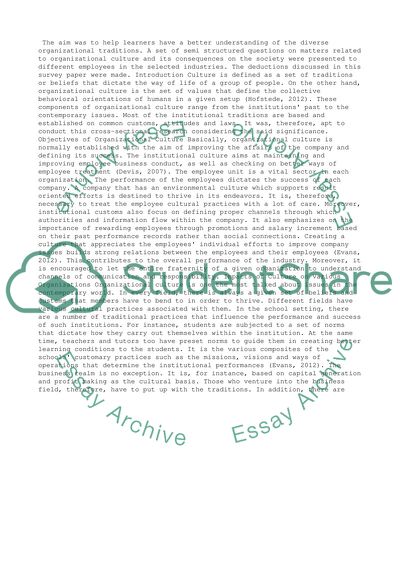Cite this document
(“Research and Opinion Paper- On Organizational Culture Paper”, n.d.)
Retrieved from https://studentshare.org/management/1457536-research-and-opinion-paper-on-organizational
Retrieved from https://studentshare.org/management/1457536-research-and-opinion-paper-on-organizational
(Research and Opinion Paper- On Organizational Culture Paper)
https://studentshare.org/management/1457536-research-and-opinion-paper-on-organizational.
https://studentshare.org/management/1457536-research-and-opinion-paper-on-organizational.
“Research and Opinion Paper- On Organizational Culture Paper”, n.d. https://studentshare.org/management/1457536-research-and-opinion-paper-on-organizational.


